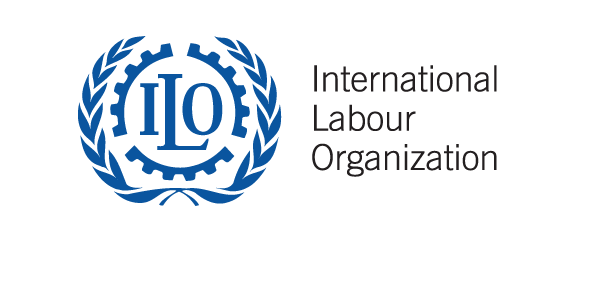The International Labour Organisation (ILO) has called for more collaborative efforts with relevant stakeholders to drive up the conversation needed for positive impact on issues of forced labour and fair recruitment.
The United Nations’ agency in 2020 launched a media toolkit on forced labour and fair recruitment, which it said it hopes will contribute to quality reportage by journalists in the area of forced labour and recruitment.
The toolkit, which was adapted and validated to the Nigerian national context in August 23 and 22, 2021, further aims to support the production of quality reporting on forced labour and fair recruitment issues as well as creates or strengthens networks of specialised journalists.
In its latest chain of engagement with stakeholders including journalists, civil society organisations (CSOs), labour union as well as government officials on November 3 and 4, the ILO emphasised that reportage of migration issues should focus more on research and not sensationalismsensationalism.
“Recalling the normative contents of the toolkit and current context of COVID-19 pandemic where the need for maintaining fair recruitment standards becomes challenging in addition to the likelihood of more incidences of forced labour, ILO designed a series of activities to support non-state actor engagement particularly media and CSOs in contributing to effective labour migration practices in Nigeria through targeted trainings and enlightenment on the toolkit,” it said.
The organisation’s consultants in Nigeria, Tunde Salman and Dr Emeka Obiezu, during the two-day national training, further emphasized on the need to bridge the gap between CSOs, academia and the media to tell the story better.
Using the recent case of medical doctors’ recruitment by the Saudi Arabia government that happened in Abuja, it was agreed that addressing issues of fair recruitment should not solely concentrate on poverty and illiteracy as the only reasons Nigerians fall victims of forced labour and unfair recruitment process.
Taking participants through the toolkit, Charles Autheman, an ILO consultants, noted that with an estimated 150million migrant workers in the world today, stories about labour migration can highlight difficult decisions migrant and their families make in seeking better opportunities.
It was further stated that ILO’s interventions in the area of labour migration will include positioning media organizations and journalists to identify areas of strengths and contribute more effectively in promoting rights and migrant workers through storytelling especially amid the context of COVID-19.






